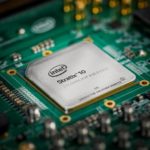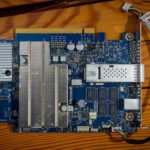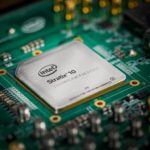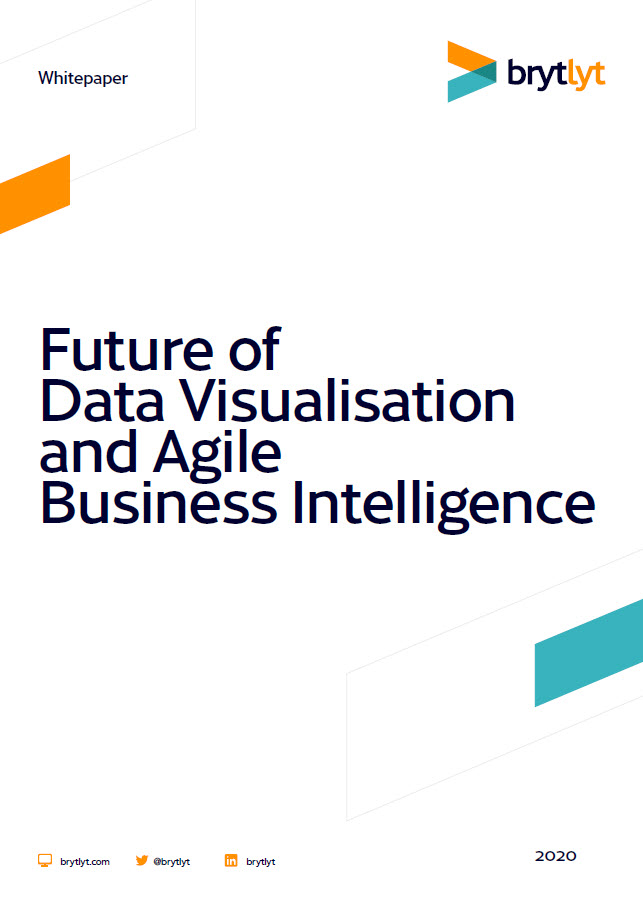In this special guest feature from Scientific Computing World, Robert Roe writes that FPGAs provide an early insight into possibile architectural specialization options for HPC and machine learning. “Architectural specialization is one option to continue to improve performance beyond the limits imposed by the slow down in Moore’s Law. Using application-specific hardware to accelerate an application or part of one, allows the use of hardware that can be much more efficient, both in terms of power usage and performance.”
Video: Can FPGAs compete with GPUs?
John Romein from ASTRON gave this talk at the GPU Technology Conference. “We’ll discuss how FPGAs are changing as a result of new technology such as the Open CL high-level programming language, hard floating-point units, and tight integration with CPU cores. Traditionally energy-efficient FPGAs were considered notoriously difficult to program and unsuitable for complex HPC applications. We’ll compare the latest FPGAs to GPUs, examining the architecture, programming models, programming effort, performance, and energy efficiency by considering some real applications.”
Xilinx to Acquire Solarflare
Today Xilinx announced today that it has entered into a definitive agreement to acquire Solarflare Communications. “The acquisition will enable Xilinx to combine its industry-leading FPGA, MPSoC and ACAP solutions with Solarflare’s ultra-low latency network interface card (NIC) technology and Onload application acceleration software, to enable new converged SmartNIC solutions, accelerating Xilinx’s “data center first” strategy and transition to a platform company.”
Video: Enabling Applications to Exploit SmartNICs and FPGAs
Sean Hefty and Venkata Krishnan from Intel gave this talk at the OpenFabrics Workshop in Austin. “Advances in Smart NIC/FPGA with integrated network interface allow acceleration of application-specific computation to be performed alongside communication. Participants will learn about the potential for Smart NIC/FPGA application acceleration and will have the opportunity to contribute application expertise and domain knowledge to a discussion of how Smart NIC/FPGA acceleration technology can bring individual applications into the Exascale era.”
Podcast: Multicore Scaling Slow Down, and Fooling AI
In this podcast, the Radio Free HPC team has an animated discussion about multicore scaling, how easy it seems to be to mislead AI systems, and some good sized catches of the week. “As CPU performance improvements have slowed down, we’ve seen the semiconductor industry move towards accelerator cards to provide dramatically better results. Nvidia has been a major beneficiary of this shift, but it’s part of the same trend driving research into neural network accelerators, FPGAs, and products like Google’s TPU.”
Optimizing HPC Code with Roofline Analysis
In this special guest feature, James Reinders describes why roofline estimation is a great tool for code optimization in HPC. “As a long-time teacher of optimization techniques, I can confidently say that Roofline analysis is a must-have for anyone optimizing for performance. This has not always been the case. As I will explain, today it is an important technique to draw upon when doing performance optimization.”
Noctua Supercomputer Inaugurated at Paderborn University
A new supercomputer called “Noctua” was inaugurated recently at Paderborn University. The high-performance computing system is expected to be one of the ten most powerful university installations within Germany. “Integrating a high ratio of state-of-the-art FPGAs in an advanced supercomputer cluster system will provide a remarkable heterogeneous computing platform that enables researchers to perform a new dimension of experiments.”
Intel Stratix FPGAs Power Innovation for the Dell HPC Community
In this video from the Dell EMC HPC Community Meeting, Chris Branch from Intel describes how FPGAs deliver speed and efficiency for technical computing. The two companies are working together to bring new FPGA solutions to market. “With ever-changing workloads and evolving standards, how do you maximize performance while minimizing power consumption in your data center? Intel platforms are qualified, validated, and deployed through Dell EMC.”
Intel FPGAs Power Realtime AI in the Azure cloud
At the Microsoft Build conference held this week, Microsoft announced Azure Machine Learning Hardware Accelerated Models powered by Project Brainwave integrated with the Microsoft Azure Machine Learning SDK. In this configuration, customers gain access to industry-leading artificial intelligence inferencing performance for their models using Azure’s large-scale deployments of Intel FPGA (field programmable gate array) technology. “With today’s announcement, customers can now utilize Intel’s FPGA and Intel Xeon technologies to use Microsoft’s stream of AI breakthroughs on both the cloud and the edge.”
Intel FPGAs Goes Mainstream for Enterprise Workloads
Today Intel announced top-tier OEM adoption of Intel’s field programmable gate array (FPGA) acceleration in their server lineup. This is the first major use of reprogrammable silicon chips to help speed up mainstream applications for the modern data center. “We are at the horizon of a new era of data center computing as Dell EMC and Fujitsu put the power and flexibility of Intel FPGAs in mainstream server products,” said Reynette Au, vice president of marketing for the Intel Programmable Solutions Group. “We’re enabling our customers and partners to create a rich set of high-performance solutions at scale by delivering the benefits of hardware performance, all in a software development environment.”













